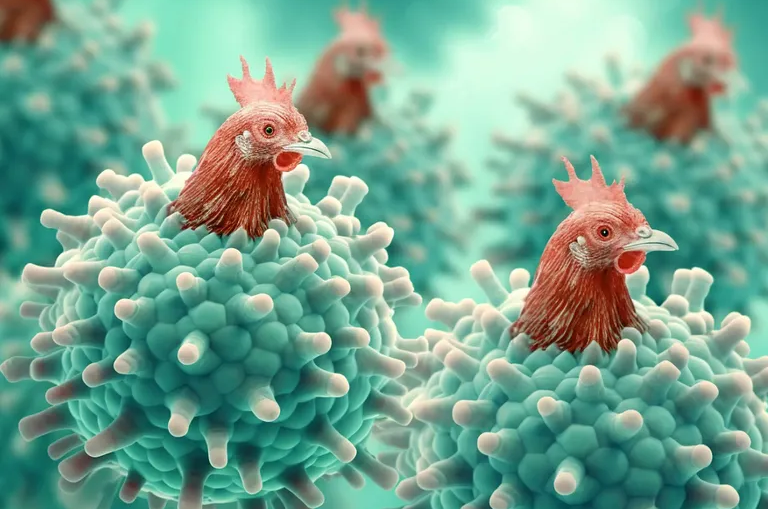Andrés González, Regional Sustainable Livestock, Animal Health and Biodiversity Officer for Latin America and the Caribbean at the Food and Agriculture Organization of the United Nations (FAO), warned of the imminent risk of a new wave of avian influenza that will affect Latin America We must prepare for this immediately.
“Latin America and the Caribbean has experienced an unprecedented situation over the past 12 months. Although highly pathogenic avian influenza (HPAI) has been present in specific regions in previous years, cases have been confirmed in 16 countries,” Gonzalez said. Si emphasized in a commentary article.
In the case of Argentina, it is worth remembering that the first cases occurred in the north of the country, in February.
The disease then spread rapidly to commercial establishments, forcing exports to be suspended, and most recently, the country’s commercial poultry farms were restored to avian flu-free status after sanitary measures were introduced in August.
In this framework, González stressed that at least two people on the continent are infected with the virus (one in Ecuador and one in Chile), but the most serious losses 12.5 million birds died or were euthanized to curb the spread in the area.
“To this we must add the unprecedented impact of some 30,000 species of marine mammals and wild birds,” he added.
As mentioned by FAO officials, one of the problems is that the virus evolved due to its ability to interact with migratory bird populations, and unfortunately these migratory birds were affected, spreading the disease along the normal route from north to south. mainland, thereby spreading among poultry, especially on farms with low biosecurity levels.
Therefore, despite the efforts of official veterinary authorities in various countries, it is actually impossible to prevent its entry.
González recalled that Latin America and the Caribbean currently produce about 20% of the world’s poultry meat and 10% of its eggs.
“While science has proven that the avian influenza virus cannot be transmitted to humans through consumption (poultry must always be cooked), it is also true that it has a serious impact on poultry populations, which is why it directly attacks efforts to secure food. In addition to destroying livelihoods Additionally, Gonzalez commented:
FAO officials said the focus will be on protecting people’s health and poultry production, but not forgetting the protection of wildlife and species.

